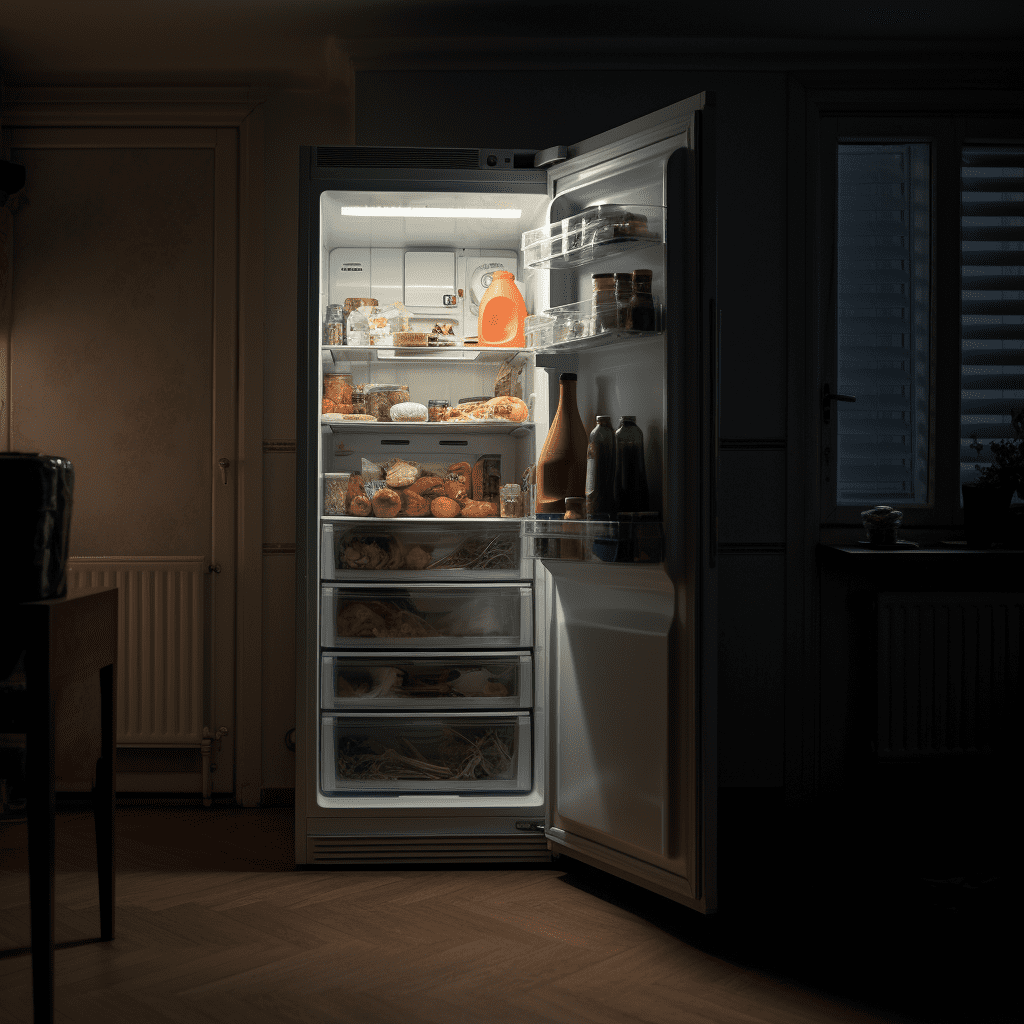Storing lithium batteries in the freezer is not recommended due to potential damage and performance issues. Cold temperatures can adversely affect battery chemistry, leading to capacity loss and safety hazards. Understanding the risks and proper storage practices is essential for maintaining battery health and longevity.
What Are the Risks of Storing Lithium Batteries in the Freezer?
Storing lithium batteries in extremely cold environments, such as a freezer, poses several risks:
- Lithium Plating: At low temperatures, lithium ions can form metallic lithium on the anode, which reduces capacity and can lead to internal short circuits.
- Reduced Capacity: Cold temperatures slow down chemical reactions within the battery, resulting in diminished performance.
- Physical Damage: Freezing can cause electrolyte crystallization, leading to potential structural damage.
| Risk | Description |
|---|---|
| Lithium Plating | Formation of metallic lithium on the anode |
| Reduced Capacity | Significant loss of usable energy |
| Physical Damage | Crystallization of electrolytes |
How Do Cold Temperatures Affect Lithium Battery Performance?
Cold temperatures negatively impact lithium battery performance by slowing down ion movement within the electrolyte. This leads to increased internal resistance, which can result in:
- Slower Discharge Rates: The battery may struggle to deliver power effectively.
- Longer Charging Times: Charging efficiency decreases, making it take longer to reach full charge.
| Temperature Range | Effect on Performance |
|---|---|
| Above 0°C | Normal performance |
| 0°C to -10°C | Reduced capacity (up to 50%) |
| Below -10°C | Risk of irreversible damage |
Why Is It Important to Maintain Optimal Storage Conditions?
Maintaining optimal storage conditions is crucial for preserving lithium battery health. The recommended storage temperature range is typically between 20°C and 25°C (68°F to 77°F). Staying within this range helps prevent:
- Degradation of Materials: Extreme temperatures can accelerate chemical degradation.
- Increased Self-discharge Rates: High temperatures can lead to faster self-discharge, reducing overall lifespan.
What Happens to Battery Capacity When Frozen?
When lithium batteries are frozen, their capacity can drop significantly. For example, at temperatures below -10°C (14°F), a lithium battery may only operate at about 50% of its rated capacity. In extreme cases, freezing can cause permanent capacity loss or complete failure.
| Temperature Condition | Expected Capacity Loss |
|---|---|
| Above 0°C | Normal capacity |
| Below 0°C | Capacity loss begins |
| Below -10°C | Up to 50% or more capacity loss |
Why Should You Avoid Charging Frozen Batteries?
Charging a frozen lithium battery can lead to severe consequences:
- Lithium Plating: Attempting to charge while frozen increases the risk of lithium plating.
- Internal Short Circuits: The formation of metallic lithium can cause shorts within the cell.
- Thermal Runaway: In extreme cases, charging a frozen battery could lead to overheating and potential fire hazards.
What Are the Best Practices for Storing Lithium Batteries?
To ensure optimal performance and longevity, consider these best practices for storing lithium batteries:
- Store at Room Temperature: Keep batteries in a cool, dry place within the recommended temperature range.
- Avoid Full Charge Before Storage: Store batteries at about 40%-60% charge to minimize stress.
- Use Insulation: If storing in colder environments, use insulation materials to protect against temperature fluctuations.
Redway Battery has a great solution for those looking for reliable alternatives when managing lithium-ion battery storage effectively.
Tips for Battery Wholesale Buyers
When sourcing lithium batteries:
- Evaluate specific application needs regarding temperature tolerance.
- Choose suppliers who provide comprehensive specifications on storage conditions.
- Ensure that proper storage solutions are available from your supplier.
Redway Battery stands out as an excellent choice for battery wholesale buyers or OEM clients seeking reliable partners in lithium battery manufacturing.
Redway Battery Expert Insight
“Understanding how temperature affects lithium battery storage is essential for maximizing lifespan and performance. By following proper storage guidelines and avoiding extreme conditions like freezing, users can significantly enhance their battery’s reliability and efficiency.”
FAQ Section
- Is it safe to store lithium batteries in the freezer?
No, storing lithium batteries in the freezer can lead to damage and reduced performance. - What happens if a lithium battery freezes?
Freezing can cause capacity loss, internal damage, and increased risks when charging. - What is the ideal storage temperature for lithium batteries?
The ideal storage temperature range is between 20°C and 25°C (68°F to 77°F). - Why should you avoid charging frozen batteries?
Charging frozen batteries increases the risk of lithium plating and potential internal short circuits.





